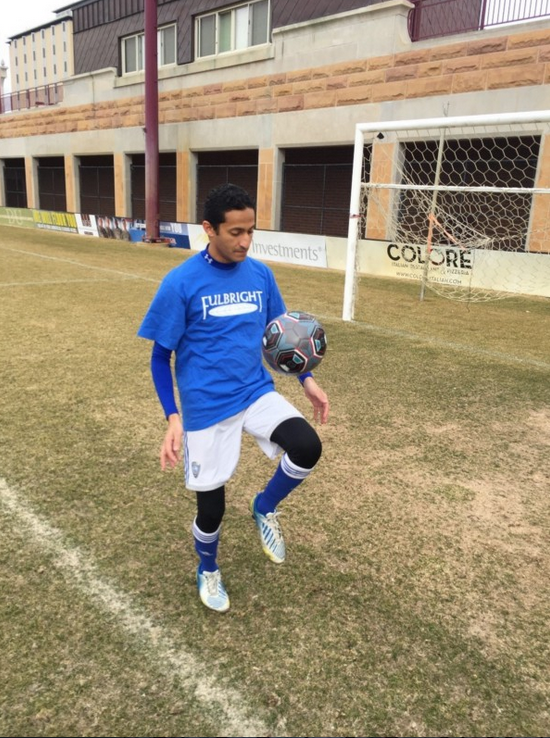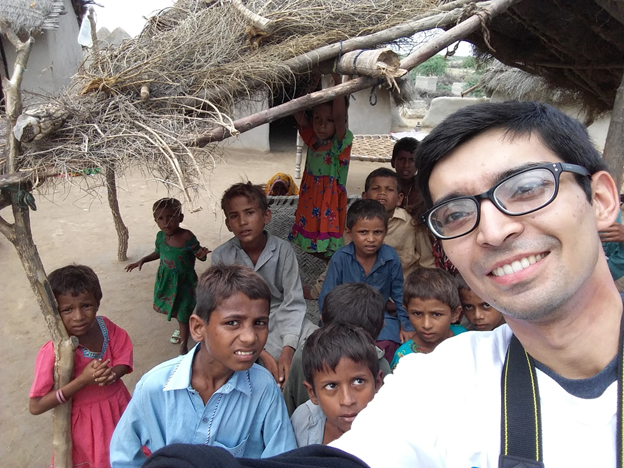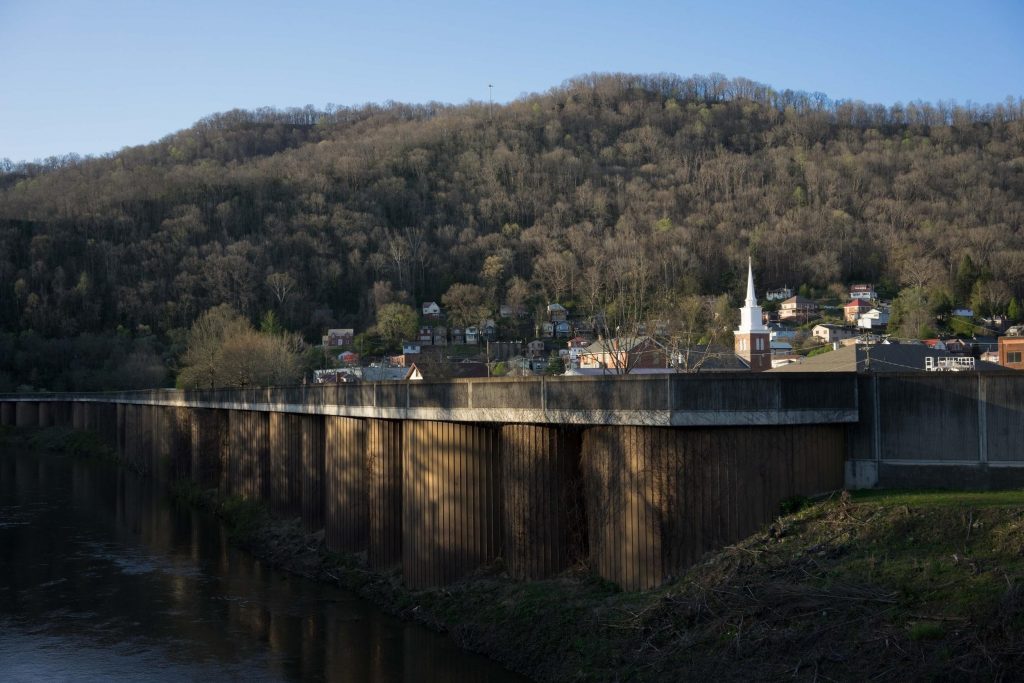
Juan I. Moreira-Hernández, 2016-2021, Costa Rica, working with bats that are captured using specialized nets called “mist nets.” Only rabies-vaccinated and trained professionals should ever handle bats or any other wild mammals.
Why are there so many plant and animal species in the tropics? This seemingly simple question has puzzled biologists for centuries, and even today, there is no definitive answer.
However, species are disappearing at an unprecedented rate, and the rate is faster in the tropics than anywhere else. My Fulbright research focuses on understanding how species interactions can promote and maintain high biodiversity in tropical regions. This understanding is necessary to predicting responses to environmental changes due to human activities, and to design effective conservation polices accordingly.


 Do you follow the Fulbright Scholar Program on Twitter @FulbrightSchlrs?
Do you follow the Fulbright Scholar Program on Twitter @FulbrightSchlrs?
